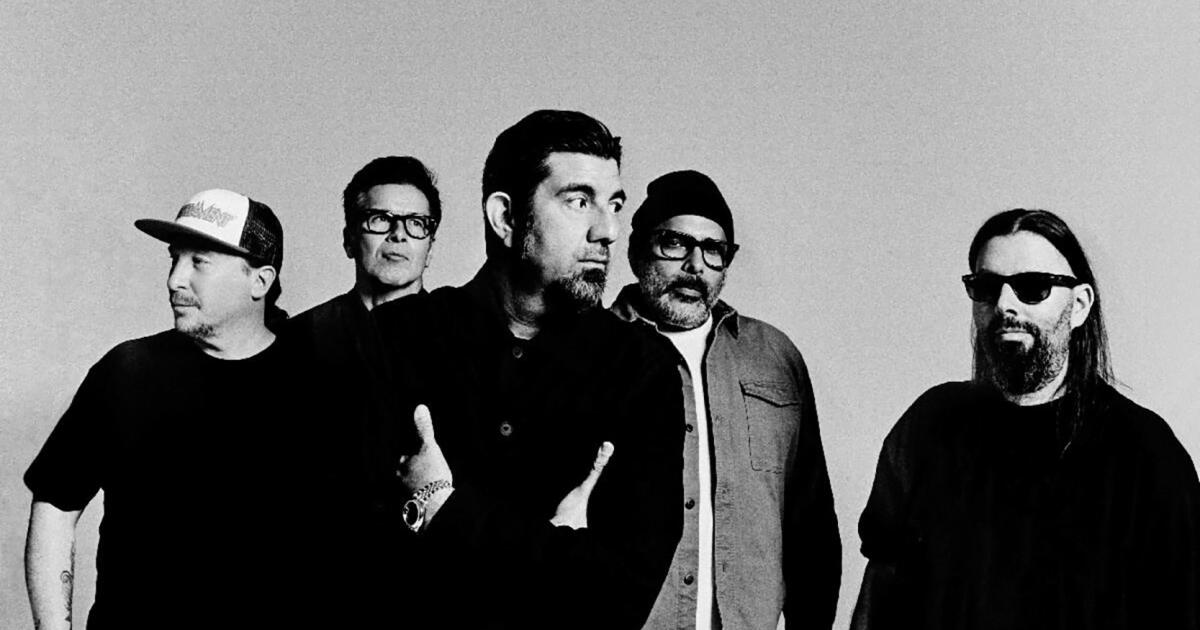The US Justice Department's effort to separate Live Nation and Ticketmaster has been a long time coming, following years of complaints from concertgoers who say they were pressured by exorbitant prices and hidden fees when trying to buy passes to see Taylor Swift , Beyoncé. and other music megastars.
Since the government cleared the merger of concert promoter Live Nation and ticket seller Ticketmaster in 2010, consumer advocates have demanded they split up. The Justice Department maintains that the combination is a monopoly that has been harmful to music fans and has restricted competition in the multibillion-dollar live music market.
Live Nation says the arguments are misplaced and will likely fail in court. Either way, the case will take a long time to reach the legal system.
Why is the government suing Live Nation?
The Department of Justice has expressed concern that Live Nation and Ticketmaster have retaliated against competitors and new entrants and blocked competition with exclusionary contracts.
“The result is that fans pay more in fees, artists have fewer opportunities to play concerts, smaller promoters are excluded, and venues have fewer real options for ticketing services,” Atty said. General Merrick B. Garland. “It's time to disband Live Nation-Ticketmaster”.
Beverly Hills-based Live Nation, the world's largest concert company, has long been the subject of government scrutiny.
When the United States approved the merger in 2010, it did so after the companies agreed to a deal aimed at ensuring fair competition in the ticketing market and prohibiting Live Nation from retaliating against venue owners who decided to defect to competitors. The consent decree was expanded and modified in 2019.
But this time, the government is coming down hard on the company. In its lawsuit Thursday, the United States accused Live Nation of several anticompetitive practices and said the company uses its market dominance to impose fees on consumers and pressure artists to use its services.
The lawsuit comes amid a wave of antitrust actions by the Biden administration, which has sought to curb the power of conglomerates and Big Tech. The US government has brought other cases against tech giants, including Apple, Amazon and Google, calling them out for their alleged impact on competition.
Live Nation said the lawsuit will not resolve issues related to ticket prices, service fees or access to high-demand shows.
“Calling Ticketmaster a monopoly may be a public relations victory for the DOJ in the short term, but it will lose in court because it ignores the basic economics of live entertainment, such as the fact that most of the service fees go to venues, and that competition has steadily eroded Ticketmaster's market share and profit margin,” Live Nation said in a statement.
Would Live Nation's breakup drive prices down?
Several industry observers who spoke to The Times expressed doubt that the lawsuit would significantly reduce prices for consumers.
Brandon Ross, an analyst at research firm LightShed Partners, said artists decide how much they want to charge for a tour and then the promoter buys the tour from them. Because of Live Nation's large scale, it can make a smaller profit margin and most of the money goes back to the artist, Ross added.
“It's efficient to have a major player in the industry,” Ross said. “If that goes away, then it will come out of the artist's profit or artists will charge consumers even more.”
Artists like Swift and Bruce Springsteen can charge large sums of money for tickets because concerts are one-time events and some people are willing to pay. Due to supply and demand, notes resold on the secondary market can cost much more than their face value.
But James Sammataro, co-president of Pryor Cashman's music group, said he believes the lawsuit could address issues such as excessive ticket fees.
“What's really hurting the consumer is all these excessive fares and restrictions on getting tickets,” Sammataro said. “For most artists, these 'increased prices' don't really benefit them. “In many cases, you are alienating your core ticket buyers and your core audience.”
There is a bigger problem in the music industry: concert tickets are bought at face value by resellers and resold on secondary markets at astronomical prices.
This is giving rise to two kinds of music fans: those who can afford to pay and those who cannot.
Meanwhile, many promoters left the industry after being hit by the pandemic, which closed or restricted many live events. Some smaller music artists have also been affected by the lack of competition among promoters and are not given the opportunity to play larger venues, Sammataro said.
“The overall effect is that it leads to a very tilted playing field where it is difficult for promoters to compete,” Sammataro said. “And when there is a lack of competition, essentially as a basis for predatory pricing, ultimately there will be long-term speculation.”
Could the company really be dissolved?
Anything is possible, but there is one thing everyone agrees on: this legal battle will be a long fight.
“Antitrust litigation can be long and drawn out,” said Eric Enson, antitrust partner at Crowell & Moring. “I hope this is a matter of years and not months.”
Music industry expert Bill Werde, who directs the music business program at Syracuse University, warned that breaking up such a large company wouldn't be easy, and it's unclear what the companies would look like after separating from each other more than once. decade later. merging.
“They make their margin from ticket sales and sponsorships, so if you break up this company… I don't know how Live Nation, the concert promotion business, necessarily lives and thrives independently of this high-dollar ticketing business. margin,” Werde said. He also publishes a weekly newsletter.
But even if it could lose, there are reasons for the government to be motivated to go after the company in an election year. As Werde and other experts were quick to point out, there's nothing that brings people together like hating Ticketmaster.












